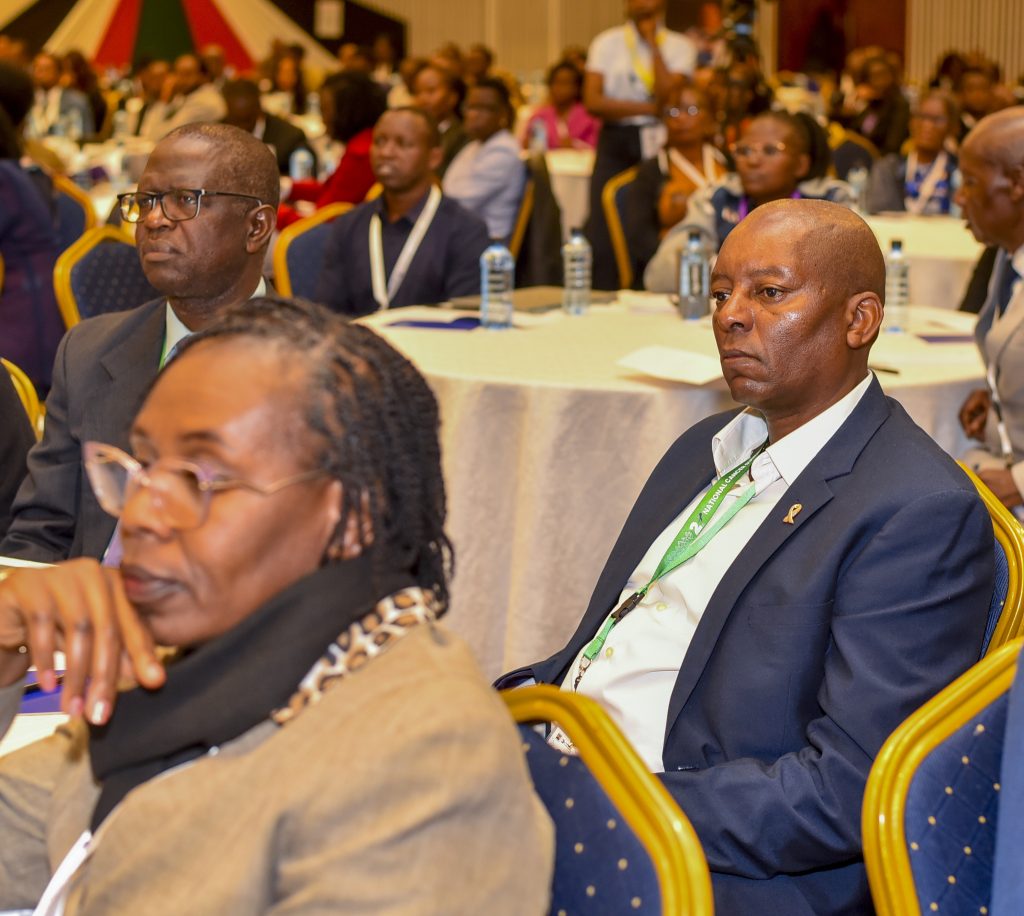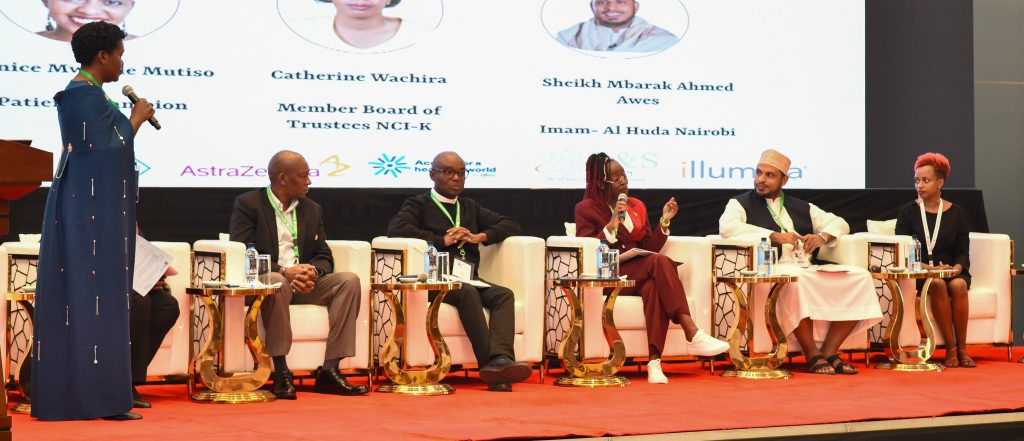“I was only six when I was diagnosed with cancer,” Remembered Robert, a childhood cancer survivor. “Back in the day, there were no pediatric wards and no one to explain what was going on. The pain wasn’t just physical; it was also emotional. An invisible scar I still carried for so long.” Robert’s story was one among many that were shared during the recently concluded National Cancer Summit that brought together faith leaders, health workers, and community advocates to discuss the stigma and imbalance surrounding cancer in Kenya.

In a panel discussion chaired by Phoebe Ongadi (Executive Director, Kenya Network of Cancer Organizations), faith leaders emphasized the role churches and mosques play. They reiterated that they can be powerful places for education, mobilization, and compassion. Communities can learn to embrace and support patients rather than isolate them because cancer is neither a curse nor a punishment.

For survivors like Eunice, stigma was made worse by the financial burden that comes with treating cancer. “I had to choose between paying for school and raising funds for treatment. Support for young people battling cancer was almost non-existent.” Youth voices added urgency to the call for prevention and policy action. Elvina, a cancer advocate, contributed to the discussion, adding that cancer awareness should be integrated into the school curriculum just like religion is. “We must reject the influence of industries that fuel the disease burden like tobacco, she stressed.
Policy advocates highlighted the inequalities faced by cancer patients, especially in rural areas where they have to travel long distances for services that sometimes may not be available when they get there. Religious leaders and community advocates alike underscored the need for health systems that are inclusive, equitable, and respond to patient needs. The discussion highlighted an agreed-upon fact: cancer is not only a medical issue but a societal one. Addressing it will require everyone pulling their weight in their respective areas, cultural understanding, and policy reforms.
As the session came to an end, all voices across generations and sectors blended into one call- end stigma, increase support, and ensure no Kenyan fights cancer alone.
Leave a Reply